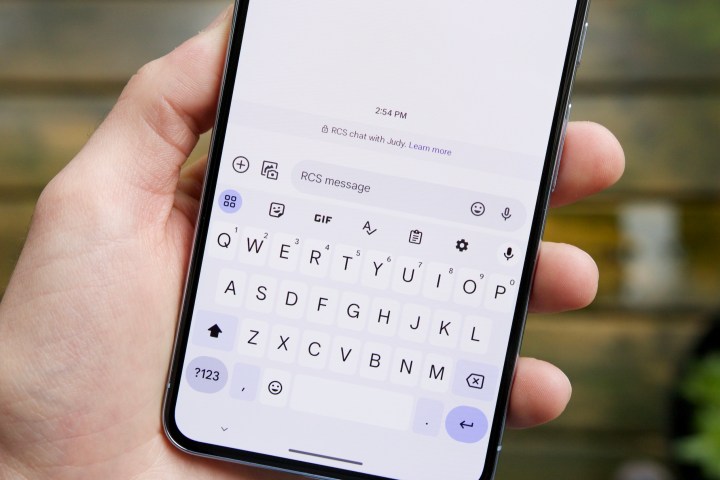
Google has announced a new partnership with RapidSOS that could end up saving your life. This important partnership will allow Android users to message 911 emergency call centers through Rich Communication Services (RCS). This new feature will begin rolling out later this winter.
As of today, you can communicate with 911 through SMS texting, but only in select locations. It’s only available to about 53% of U.S. emergency responder call centers, and since it’s SMS only, you have all of the usual limitations that come with it.
By using RCS in Google Messages to communicate with emergency call centers, users will be able to see read receipts and typing indicators from first responders. This will eliminate the worry of whether their message actually went through to someone who can help them.
With RCS, you’ll also be able to send high-resolution photos and videos. Doing this in an emergency situation can result in faster aid and a get a more effective response from emergency responders.

Lastly, you’ll also be able to “share your precise location and additional information automatically through Android Emergency Location Service.” This extra detail can include vital information like your spoken language as well as your medical information, which is opt-in. When this extra information is provided, emergency responders will know exactly where to go and get helpful details about you, which is useful when you can’t physically respond.
Through this partnership with RapidSOS, RCS support will roll out to emergency call centers in the U.S. beginning this winter. The service will be made available to every 911 agency in the U.S. at no cost. This is part of Google’s ambitious goal to make RCS the standard for emergency services texting everywhere.
